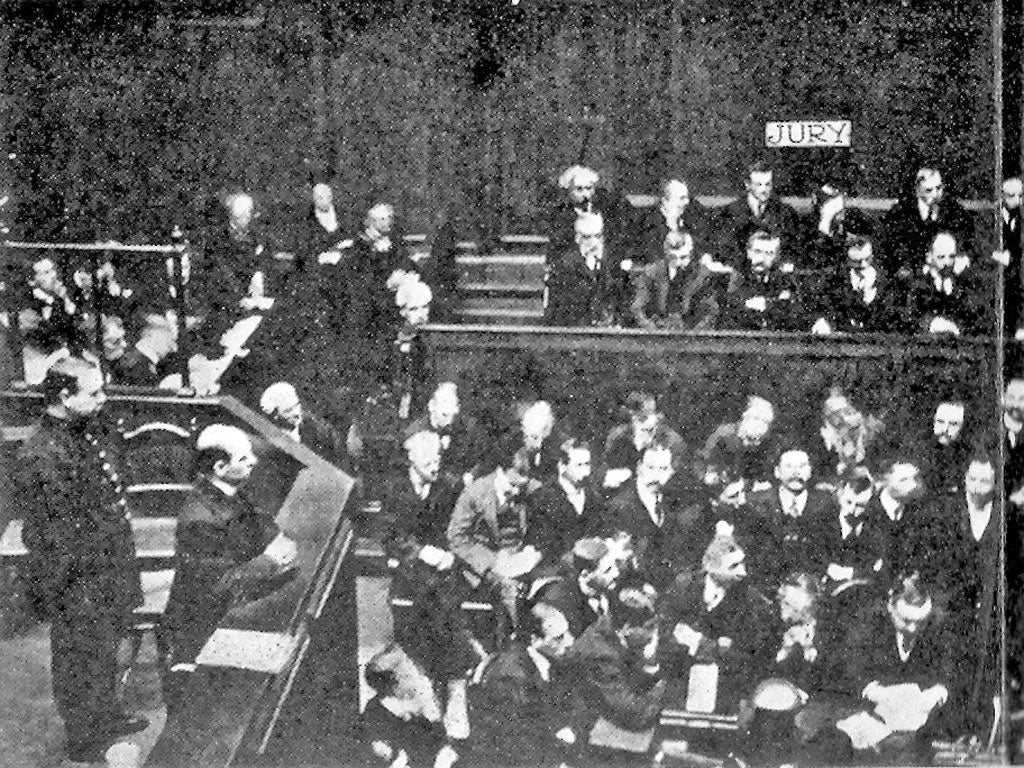Allowing TV cameras into court could turn trials into 'circuses', lawyers warn
Plans to lift broadcasting ban provoke mixed response. By Nigel Morris

Plans to allow cameras into courtrooms would risk turning trials into media circuses and could jeopardise defendants' safety, ministers were warned last night.
The legal profession gave a mixed reception to yesterday's disclosure in i that the Government is about to announce moves to lift the blanket ban on broadcasting from courts.
Under its plans, to be set out in the Queen's Speech in May, television cameras will only be permitted to record judges summing up and passing sentence. Broadcasters will not be allowed to film witnesses, defendants or barristers or to show the moment verdicts are returned. The new rules would initially cover only the Court of Appeal, with a view to extending broadcasting to the Crown Court.
But critics fear the move could trivialise court proceedings by turning them into an US-style media spectacle. Julian Young, the senior partner at a London law firm, said: "I don't think it's a very clever idea. Even in a limited form there may be dangers. It may become a circus – this is too serious an issue for that to happen."
He said there were serious issues to be addressed, such as why defendants who are ultimately cleared should have parts of their trials shown on television. "Someone who is innocent may not want to have their trial broadcast because there may be something embarrassing about them they don't want on television," he said.
Mr Young added that offenders – many of whom are vulnerable – could be at risk. "If they are sent to prison they could end up stabbed, beaten up or killed as a result of what's been seen on television," he said.
The Bar Council, which represents barristers in England and Wales, said it broadly supported the broadcasting of judgments in the Court of Appeal. But it added that it had "very considerable reservations" about any extension to Crown Courts, where it said judges' sentencing remarks should only be filmed in exceptional circumstances.
The Master of the Rolls, Lord Neuberger, the second most senior judge in England and Wales, has argued for some Court of Appeal hearings to be televised, as long as the judge hearing the case had "full rights of veto over what could be broadcast".
The Tory MP John Whittingdale, the chairman of the culture select committee, whose hearings into allegations of newspaper hacking were filmed, said it was "inevitable" that filming would soon be extended.
Join our commenting forum
Join thought-provoking conversations, follow other Independent readers and see their replies
Comments
Bookmark popover
Removed from bookmarks